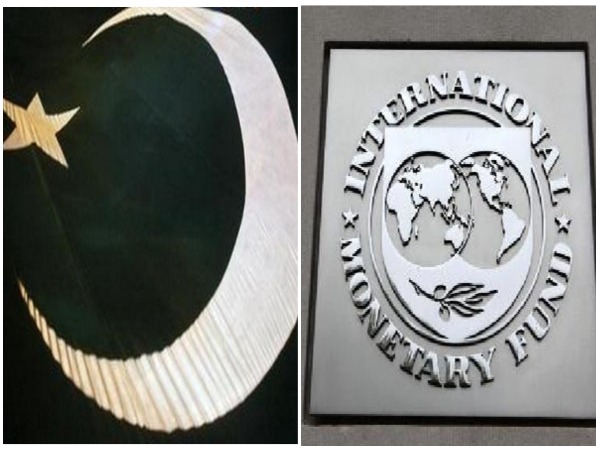Pakistan Enforces Stringent Measures to Secure IMF Tranche
The Pakistani government introduces strict asset disclosure laws for civil servants to secure $1.1 billion from the IMF. The IMF's conditions include maintaining fiscal targets, managing foreign exchange reserves, reducing public sector liabilities, and improving economic stability. The government aims for long-term partnerships to achieve economic sustainability.

- Country:
- Pakistan
In a bid to secure a crucial $1.1 billion tranche from the International Monetary Fund (IMF), the Pakistani government has rolled out stringent measures, including mandatory asset disclosures by civil servants and their families, The Express Tribune reported.
The agreement to unlock this tranche, part of the IMF's Extended Fund Facility (EFF), entails 39 stringent conditions. Among these are the elimination of tax amnesties, an asset disclosure deadline of February 2025 for civil servants, and a governance and corruption assessment report. Furthermore, new benchmarks outlined by the IMF require Pakistan to maintain foreign exchange reserves equivalent to at least three months' worth of import bills.
Other reforms necessitated by the IMF include narrowing the exchange rate gap between the open market and interbank transactions to 1.25 percent and boosting the State Bank of Pakistan's reserves to $8.65 billion by fiscal year-end. The Ministry of Finance has confirmed compliance with 22 stipulated points to qualify for the installment. Additionally, there's a cap on public sector liabilities and constraints on power sector arrears as well as tax refund backlogs.
Finance Minister Muhammad Aurangzeb has acknowledged the macroeconomic stability achieved over the past 14 months, but he emphasized the reform efforts must continue. Highlighting the Economic Coordination Committee's work, he advocated for addressing inflation through reduced intermediary influence and monthly food price reviews.
Significantly, the minister characterized the current IMF agreement as a final warning to the global community, urging swift reforms in taxation, energy management, and population control. He also raised concerns over climate change, child stunting, and educational disparities. Aurangzeb noted that ongoing efforts include forging a decade-long partnership with the World Bank to enhance economic robustness, which has brought positive trends to the stock market.
(With inputs from agencies.)
ALSO READ
India's Forex Reserves Hit Multi-Month Low Amid RBI Interventions
New Rules to Maintain 10-Day Jet Fuel Reserves near Auckland Airport
Supreme Court Reserves Decision on Partha Chatterjee's Bail Plea in Key Recruitment Scam
India's Forex Reserves Rebound Amid Exchange Rate Stability Efforts
India's forex reserves jump USD 1.51 bln to USD 658.091 bln; end consecutive weeks of decline










